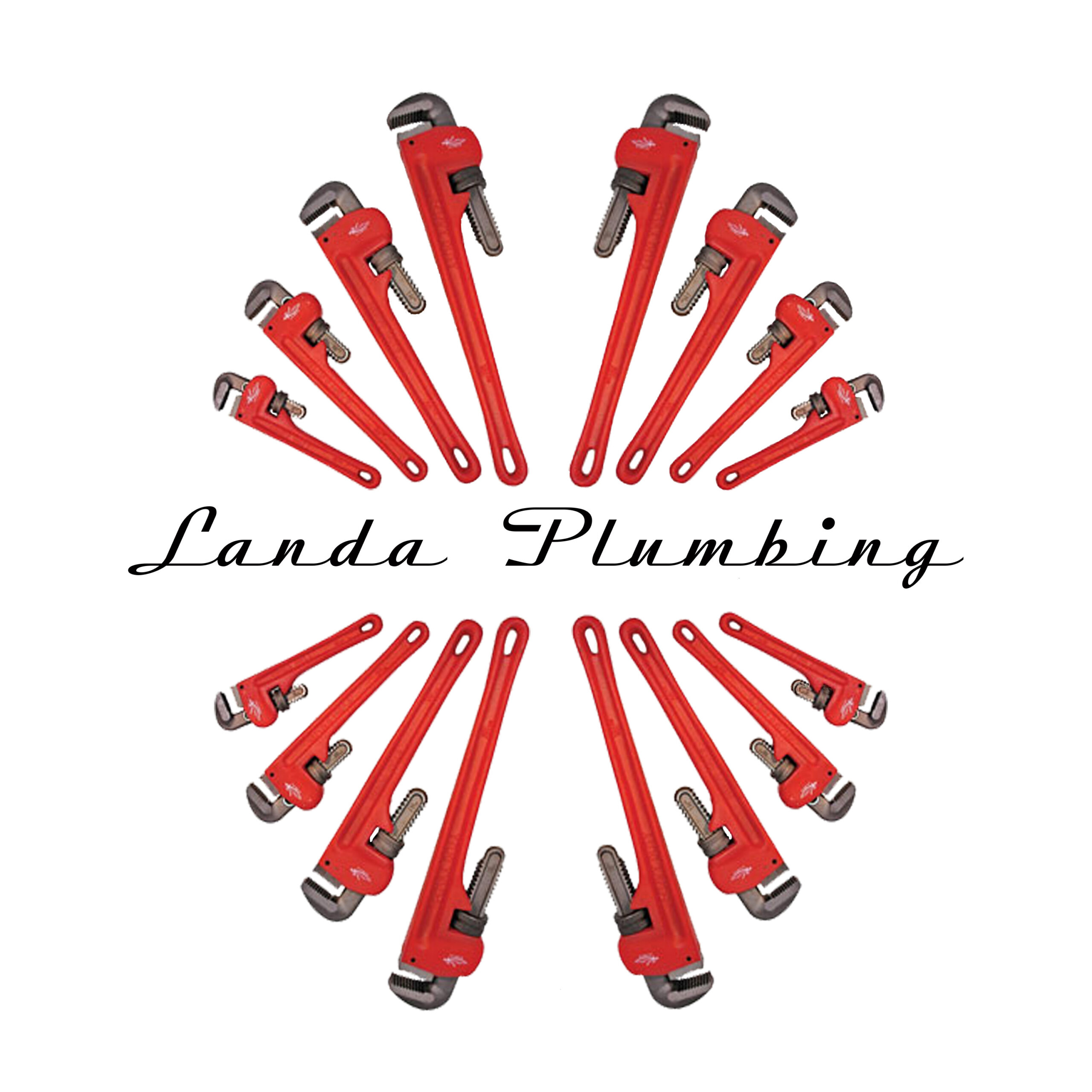The holiday season is a time for gatherings, celebrations, and creating lasting memories. However, amidst the festivities, it’s easy to overlook the potential for plumbing problems, especially sewer drain clogs. With increased activity and heavy usage, your sewer system can quickly become overwhelmed, leading to unpleasant disruptions and costly repairs.
To ensure a smooth and stress-free holiday season, it’s crucial to take proactive measures to prevent sewer drain clogs. In this comprehensive guide, we’ll delve into the common causes of holiday plumbing woes and provide practical tips to keep your pipes flowing freely.
Understanding the Culprits Behind Holiday Clogs
A sewer drain clog is an obstruction that prevents wastewater from flowing freely through your home’s sewer drainpipe. This blockage can occur anywhere along the drainpipe, from the sink or bathtub to the main sewer line. When a clog occurs, wastewater can back up into your home, causing unpleasant odors, flooding, and even health hazards.
During the holidays, your plumbing system faces an increased workload, handling a surge in wastewater from cooking, washing, and entertaining. This sudden spike in demand can put a strain on your drains, making them more susceptible to blockages.
1. FOG: The Fatty Foe
Fats, oils, and greases (FOG) are notorious enemies of your indoor drainage plumbing system. These substances solidify when they cool down, clinging to the interior of your sewer drain pipes and gradually forming clogs. The holiday season is a prime time for FOG accumulation, as kitchens are abuzz with cooking activities.
Prevention:
- Avoid pouring grease, oil, or food scraps directly down the drain.
- Let cooking oils and fats cool down completely before scraping them into a trash can or disposable container.
- Use a drain strainer to catch food particles and FOG before they enter the drain.
2. Food Scraps
While it may seem harmless, disposing of food scraps down the drain can lead to significant clogs, especially when dealing with starchy or fibrous foods like rice, pasta, and potato peels. These materials can get stuck in the pipes, expanding and causing blockages.
Prevention:
- Dispose of food scraps in the trash or compost bin instead of flushing them down the drain.
- Use a drain strainer to catch food particles before they enter the drain.
- Consider installing a garbage disposal unit with a grinding mechanism to break down food scraps into smaller, more manageable pieces.
3. Sanitary Products: The Flush-Free Zone
While it may seem convenient, flushing sanitary products like wipes, paper towels, and feminine hygiene products down the toilet is a recipe for plumbing disasters. These items are not designed to break down in wastewater and can easily clog pipes, leading to overflows and backups.
Prevention:
- Dispose of sanitary products in the trash bin, not the toilet.
- Place a trash bin with a lid near the toilet to encourage proper disposal.
- Educate guests and family members about the importance of proper disposal practices or leave a delightful temporary helpful sign inside of your guest bathroom reminding them of proper waste disposal while inside of your home.
4. Excessive Toilet Paper Usage
While toilet paper is essential for hygiene, excessive usage can contribute to sewer drain clogs. Overloading the toilet bowl with too much paper can cause it to clog, especially if the plumbing system is old or under constant strain.
Prevention:
- Use toilet paper sparingly and avoid flushing excessive amounts down the toilet.
- Consider using single-ply toilet paper, which is thinner and breaks down more easily.
- Install a high-efficiency toilet, designed to use less water and handle waste more effectively.
5. Tree Roots: The Invasive Intruders
Tree roots are relentless in their pursuit of water and nutrients. As they grow, they can extend deep into the ground, seeking out underground pipes and sewer lines. When roots penetrate these pipes, they can cause significant damage, leading to clogs, leaks, and even pipe ruptures.
Prevention:
- Plant trees away from sewer lines and plumbing infrastructure.
- Regularly trim tree roots to prevent them from encroaching on underground pipes.
- Consider installing root barriers to deter tree roots from invading the sewer system.
Additional Preventive Measures
Beyond addressing the specific culprits, there are additional measures you can take to safeguard your plumbing system during the holidays:
- Regular Cleaning and Maintenance: Schedule regular drain cleaning and maintenance to remove accumulated debris and prevent clogs from forming.
- Enzyme-Based Cleaners: Use enzyme-based cleaners to break down organic matter and dissolve FOG deposits in your pipes.
- Water Conservation: Be mindful of your water usage, especially during peak hours. Avoid overloading the plumbing system with excessive water flow.
Here’s What to Do if a Sewer Drain Clogs
Despite your best preventive efforts, sewer drain clogs can still occur, especially during the holiday season when plumbing systems are under extra strain. If you find yourself facing a clogged drain, don’t panic. Here’s a step-by-step guide on how to handle the situation effectively:
1. Assess the Situation
The first step is to determine the location and severity of the clog. If the clog is localized to a single sink, toilet, or bathtub, you may be able to tackle it yourself. However, if multiple drains are affected or if the clog appears widespread, it’s best to call a professional plumber.
2. Plunging Power
For minor clogs, a plunger can be an effective tool. Choose a plunger with a flange large enough to cover the drain opening completely. Apply a generous amount of petroleum jelly around the plunger’s flange to create a tight seal. With forceful plunges, attempt to dislodge the clog.
3. Snake Out the Blockage
If plunging doesn’t do the trick, a drain snake, also known as a plumber’s auger, can be employed. Insert the snake into the clogged drain and carefully feed it through the pipes until you encounter resistance. Rotate the snake’s handle to break up the clog and pull it out.
4. Enzymatic Cleaners
For organic matter-related clogs, enzyme-based cleaners can be effective. These cleaners contain live bacteria that break down organic matter, dissolving FOG deposits and reducing blockages. Pour the recommended amount of enzyme cleaner into the clogged drain and let it work its magic.
5. Hot Water Therapy
Hot water can help dissolve grease and fatty substances that contribute to clogs. Boil a large pot of water and carefully pour it down the clogged drain. The heat can help break down the clog and allow for better drainage.
6. Professional Intervention
If you’ve tried all these methods and the clog persists, it’s time to call in the professionals. A licensed plumber has the expertise and tools to identify the root cause of the clog and effectively remove it, restoring normal drainage to your plumbing system.
Remember, prevention is always better than cure. By taking proactive measures to prevent sewer drain clogs during the holidays, you can save yourself the hassle and stress of dealing with plumbing emergencies.
Landa Plumbing: Your Plumbing Partners
When plumbing problems arise, Landa Plumbing is your trusted partner for prompt, professional, and reliable solutions. Our team of experienced plumbers is equipped to handle even the most challenging plumbing issues, ensuring your home remains comfortable and functional throughout the holidays.

